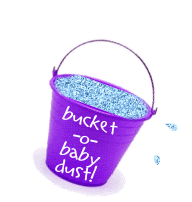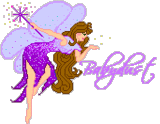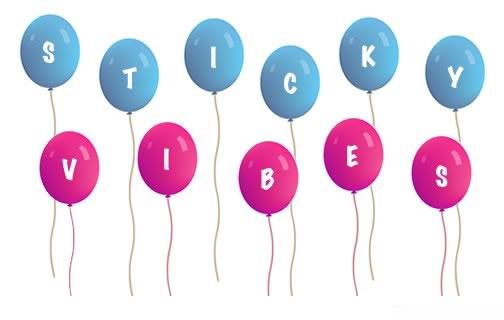- Firstly, from birth to 4 - 6 months, baby shouldn't be eating ANYTHING other than breast milk (or formula if you HAVE to use it).
- Honey - it may contain clostridium botulinum sprores which could lead to infant botulism, because their digestive systems can't yet fight off this type of botulism. Other liquid natural sweeteners like agave and maple syrup pose a similar risk.
- Cow's milk & soy milk - milks besides breast milk (and formula if you HAVE to use it) contain proteins that baby can't yet digest, and minerals that could damage baby's still-developing kidneys. Some babies also can't handle the lactose or may be allergic to the milk proteins. Also soy milk contains high levels of estrogens that are not good for baby's hormones (this applies to adults too).
- Unpasteurized cheeses - they have a slight poisoning risk in babies.
- Peanut butter - not only can some babies have serious peanut allergies, but peanut butter is thick & sticky and could easily get stuck in baby's throat.
- Soft sticky foods - like marshmallows & gummy sweets - they can easily get stuck in baby's throat.
- Some veggies - I was surprised to see this, but some common everyday used veggies shouldn't be fed to baby...spinach, lettuce, collard greens (green leaves related to cabbage and broccoli), beet & fennel - this is because they contain levels of nitrates too high for baby to process, which means baby can't digest 'em, which could then block the blood's ability to transport oxygen (known as Blue Baby Syndrome).
- Some fish, & shellfish - some fish contain levels of mercury that are too high for baby. Also, some people can have serious shellfish allergies, so wait until baby is at least 3 before feeding them any shellfish.
- Berries & citrus - huh, who'd a thunk this one . . . not meee! Strawberries, blueberries, blackberries & raspberries contain proteins that are hard for baby to digest, and citrus fruits are highly acidic and can cause stomach upsets and nappy / diaper rash. Berries are also a choking hazard, so when giving them to baby later on, chop them up into small pieces, and only give a little berries / citrus at a time. This may apply to fruit juices too.
- Salt - babies don't need added salt to their diets, and their kidneys are not yet able to cope with large amounts of sodium . . . which also means you can't feed baby any processed foods, since they often contain lots of sodium (which is in any case bad for adults as well).
- Seeds & nuts - not only are they choking hazards, but they are highly allergenic (like peanuts)
- Grapes - they're also chocking hazards, and the skin is difficult for baby to break down completely. Raisins should also be avoided because of choking hazard.
- Egg whites - apparently egg white allergies in babies is very common, but cooked egg yolks seem to be safe
- Chocolate - the caffeine in here is not good for baby, and the dairy could be hard for baby to digest as well.
- Caffeine - also to be found in things like ice tea.
- Raw carrots - apparently raw sliced carrots are also a very common choking hazard. Rather give baby soft cooked mashed carrots instead.
- Popcorn - another chocking hazard!
- Hotdogs - it seems sliced hotdogs are also a common choking hazard. In any case, hotdogs are processed meats containing nitrates that baby's system is not able to break down, causing Blue Baby Syndrome
- Small hard candies - another obvious choking hazard
- Wheat - a large portion of the population is allergic to wheat (gluten intolerance and the more serious celiac disease), so it's best to not try to introduce this into baby's diet in his/her first year. This includes breads, wheat pastas, cereals and crackers, so watch the ingredients label.
Sunday, 8 April 2012
What Not To Feed a New Baby
I remembered hearing somewhere that you can't feed babies honey within their first year, so that got me thinking . . . what else can't one feed a new baby? Here are some other things that shouldn't be fed to babies before their first year:
Labels:
healthy/happy baby
Subscribe to:
Post Comments (Atom)






No comments:
Post a Comment